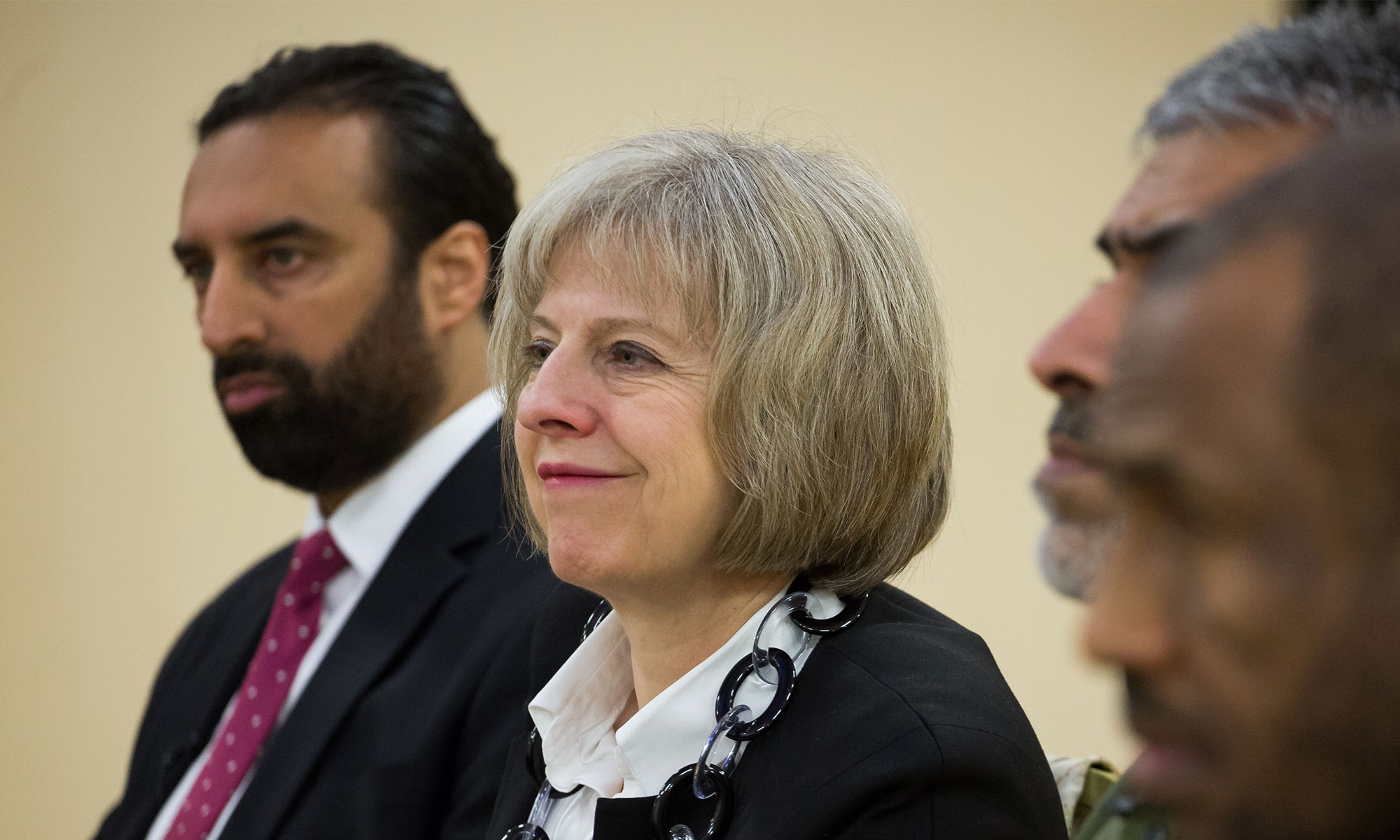
Theresa May (neé Brasier) was born on 1 October 1956 in Eastbourne, Sussex. She was the only child of Hubert Brasier, a Church of England clergyman who went on to become the Vicar of Wheatley, a parish a few miles east of Oxford. May was educated at local state schools before going on to study Geography at St Hugh's College, Oxford. It was whilst at Oxford that she met her future husband Philip May, who currently works as an investment banker with Capital International. The couple married in September 1980.
After graduating in 1977, May spent nearly 20 years working in the City of London, first at the Bank of England and then at the Association for Payment Clearing Services.
The new PM’s political career started as a councilor in Merton (in south west London) between 1986 and 1994. In 1992 and again in 1994 she unsuccessfully stood for election to Parliament (contesting safe Labour seats). However, her hard work was subsequently rewarded when she was selected as Conservative candidate for the ultra-safe seat of Maidenhead. Although the Conservatives nationally suffered a humiliating defeat in the 1997 general election, May was duly elected to Parliament with a majority of 11,981.
She rose rapidly through the Tory ranks in Parliament, joining the Opposition frontbench in 1998 and, a year later, she became the first of the 1997 intake of MPs to enter the Shadow Cabinet when she was appointed Shadow Education and Employment Secretary.
May became the first woman to serve as Chairman of the Conservative Party in 2002. She rose to national prominence during that year’s Conservative Party Conference, when she used her speech to explain why, in her view, her party had to change: "You know what people call us: the Nasty Party". The speech drew criticism from some parts of the Conservative establishment but cemented May’s reputation as a ‘modernizer’ on the party’s reforming, progressive wing. However, she spent the next six years holding a series of low-profile, mid-ranking roles in the Shadow Cabinet whilst a younger group of thrusting, ambitious Conservative politicians – including David Cameron and George Osborne – rose to dominate the party’s senior ranks.
However, following the 2010 General Election and the formation of a Conservative-led Coalition Government, Theresa May was appointed Home Secretary, one of the four ‘Great Offices of State’ at the top of the UK Government. Although the Home Office has a reputation as the graveyard of many ministerial careers, Theresa May went on to excel in the post and, over more than six years in office, became the UK’s longest serving Home Secretary for 200 years.
Despite expectations that she might declare her support for leaving the EU, May backed Remain in the EU referendum – though she played little part in the campaign publicly. Following the UK’s vote in favor of ‘Brexit’ – and the resignation of PM David Cameron – she soon emerged as the front runner for the party leadership and topped the ballot amongst Conservative MPs.
As a politicians, Theresa May is known for her resilience – her tenure as Home Secretary included the 2011 London Riots, clashes with the Police Federation and the fallout from the phone hacking scandal – and has a reputation for hard work and attention to detail. Whilst there is no doubt her premiership will be dominated by the UK’s exit from the EU, it is likely that May will also seek to undertake ambitious social reforms to implement her ‘One Nation’ vision of a fairer, opportunity-led society. Her first speech as PM included a commitment to make “Britain a country that works for everyone”.
Although her career to date has not given us much of an insight into her views on the economy, trade or the events industry, her experience as Home Secretary – which included re-branding the Border Force as the Border Agency and grappling with immigration policy – does mean she will be well-schooled with the UK business community’s concerns that the UK must remain open for business and have a borders policy that allows the free movement of commercial travelers, delegates and skilled workers.
This article was commissioned by Excel London and written by PLMR, an independent political lobbying and PR agency.